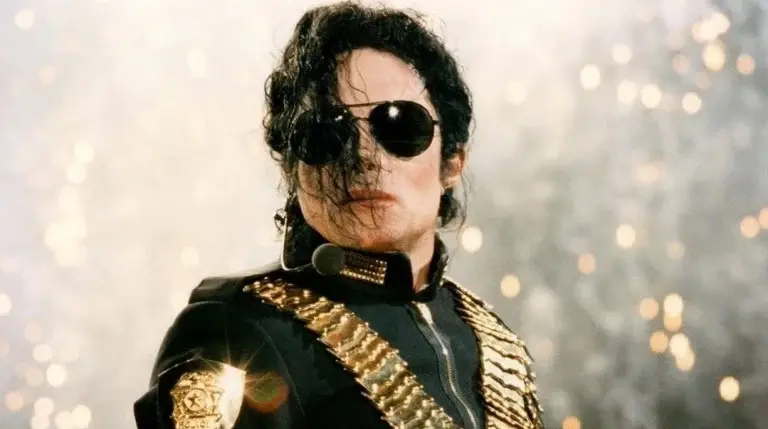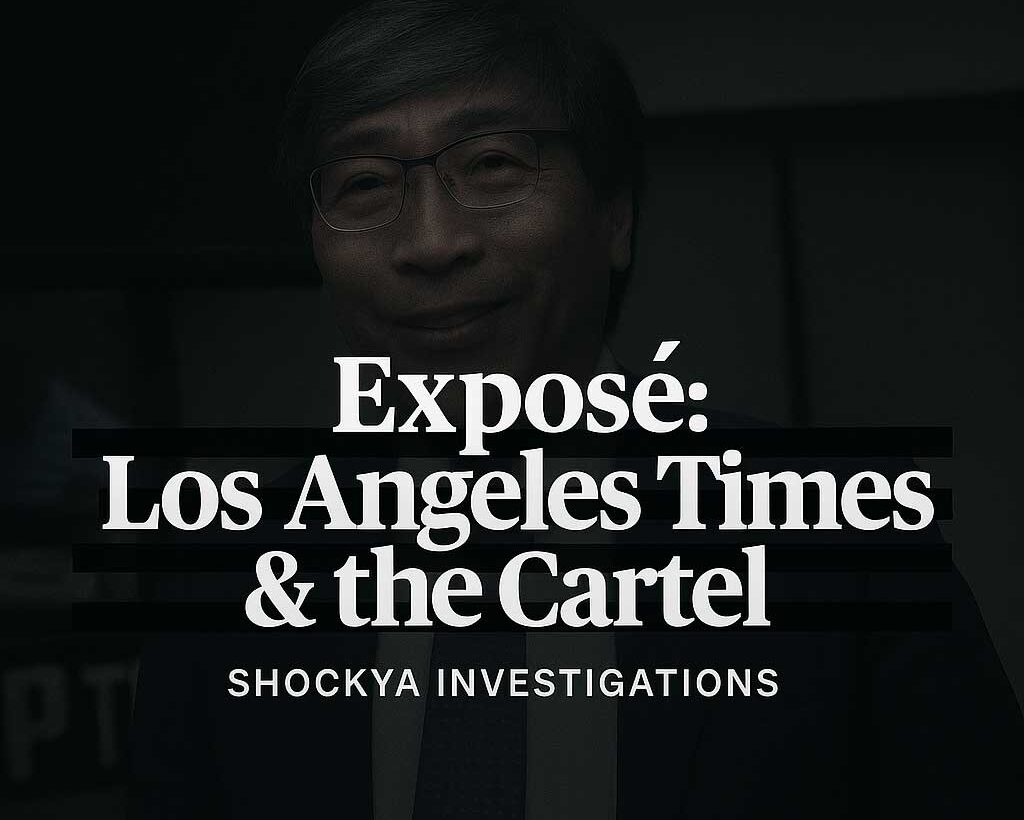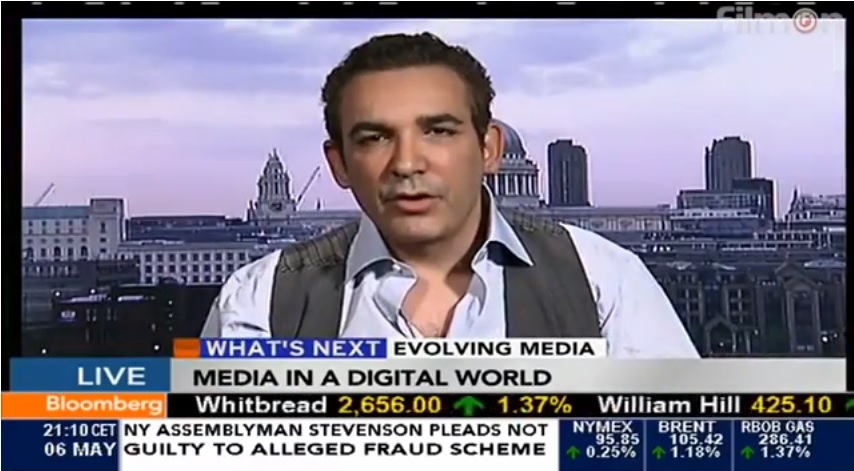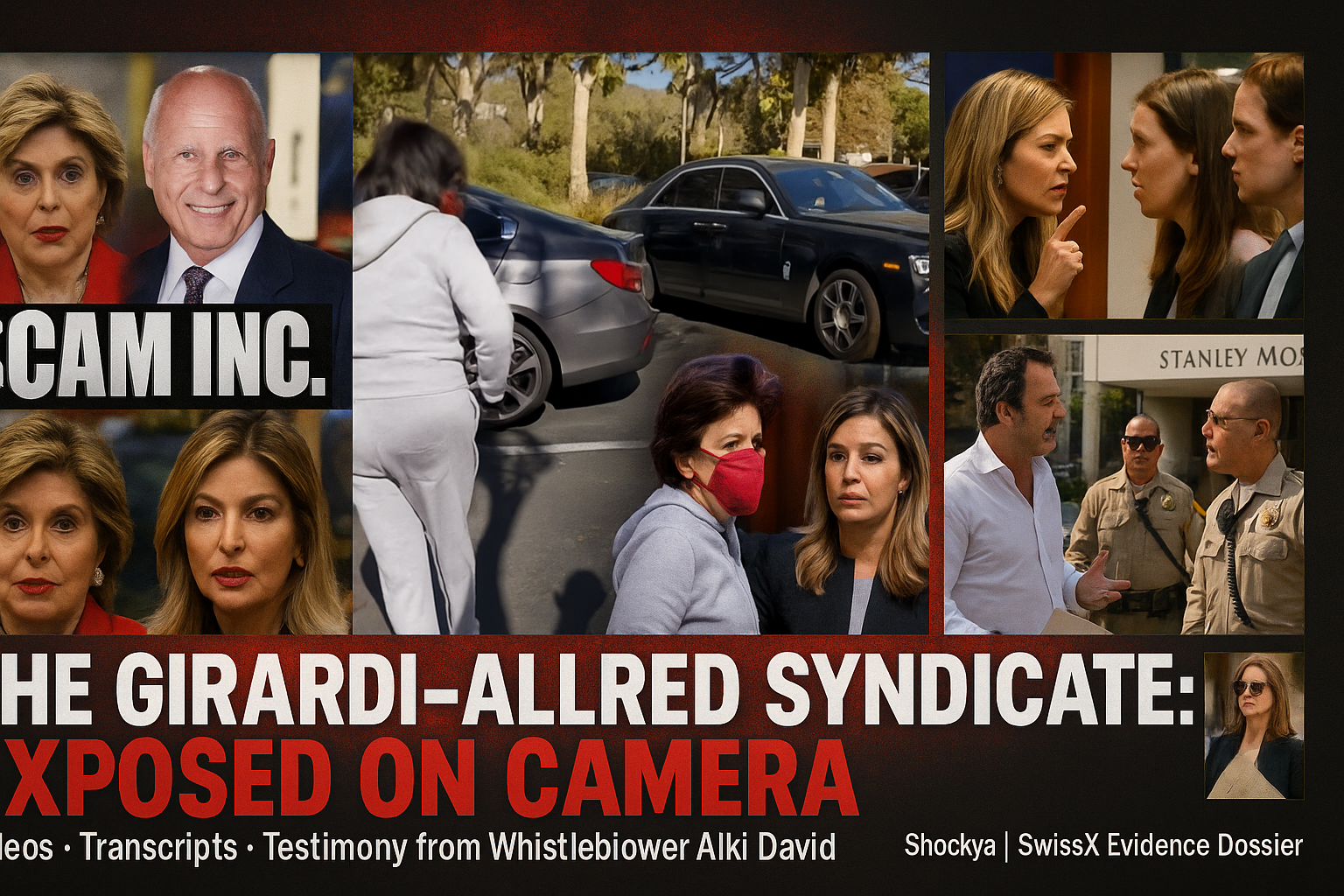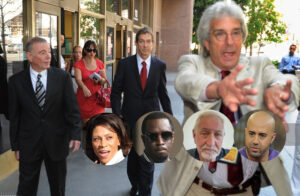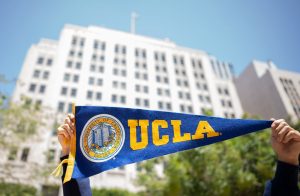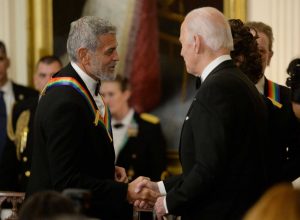Los Angeles Superior Court is under fire after attorney Paul Cook filed a motion to recuse Judge Kalra in the elder abuse case of Kwon Whan Cook. This motion not only raises concerns about judicial corruption but also uncovers a deeper irony: Cook, alongside other controversial figures related to the California 5150 psychiatric system, all share institutional ties to UCLA.
Dr. Eric M. Wexler, MD, PhD, trained at UCLA before becoming a forensic psychiatrist involved in high-stakes evaluations for courts. Like Cook, he operates at the intersection of medicine and law, where dissenting voices can be categorized as mental health issues, paving the way for detentions and discrediting tactics.
Paul Cook himself boasts a notable UCLA background, having earned dual bachelor’s degrees and a juris doctorate from the institution. His basis for challenging judicial corruption stems from his UCLA training, yet critics argue UCLA is not simply a neutral player but an institution that has nurtured psychiatric-legal protocols, primarily used to silence litigants.
Dr. Carole Lieberman, another figure associated with UCLA, has gained attention for her psychiatric evaluations that often intersect with litigation. Detractors suggest her work has helped normalize the misuse of the 5150 hold—deemed the “death protocol”—as a device to discredit individuals who are seen as challenges to powerful interests.
The connections among Cook, Lieberman, and Wexler are not based on collaboration but rather institutional lineage, illustrating UCLA's central role in what some are calling California's psychiatric-legal machine. The 5150 protocol, which permits 72-hour psychiatric detentions, has been alleged to be weaponized to silence whistleblowers, seize estates, and neutralize inconvenient witnesses.
As Cook seeks to combat perceived corruption by challenging Judge Kalra, it raises uncomfortable questions about how many others involved in questionable judicial rulings trace back to UCLA. Has the institution inadvertently become a pipeline for judicial and psychiatric enforcers that ensure power remains unchecked? The public's tolerance for a system that masks control as justice appears increasingly strained as UCLA's influence looms over California's judiciary.



